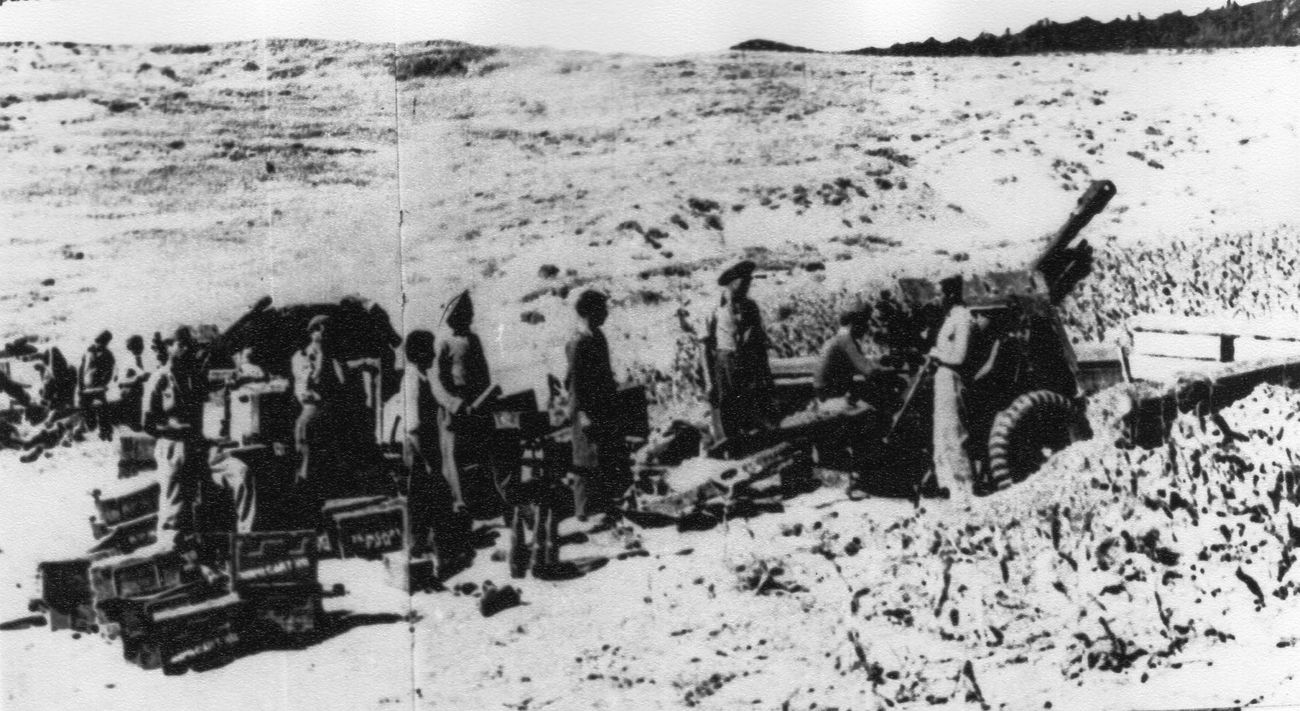
The First Greek Civil War was a pivotal moment in Greece's history, shaping the nation's future. Fought between 1943 and 1944, this conflict saw the Greek Resistance factions, primarily the communist EAM-ELAS and the nationalist EDES, clash over control and ideology. Why did this war happen? The power vacuum left by the Axis occupation during World War II created a struggle for dominance. What were the key events? Battles, betrayals, and shifting alliances marked this period. Who were the main players? Leaders like Aris Velouchiotis and Napoleon Zervas became prominent figures. What was the outcome? Although the war ended with a fragile truce, it set the stage for the larger Greek Civil War that followed.
Key Takeaways:
- The First Greek Civil War, also known as the Dekemvriana, took place between 1944 and 1945 in Athens, involving the Greek government and leftist resistance forces, with British intervention.
- The war's aftermath left Athens in ruins, caused political polarization, and set the stage for Greece's alignment with the Western bloc during the Cold War.
The First Greek Civil War: An Overview
The First Greek Civil War, also known as the Dekemvriana, was a pivotal conflict in Greece's history. It took place in the aftermath of World War II and set the stage for future political developments in the country. Here are some intriguing facts about this significant event.
- The First Greek Civil War occurred between December 1944 and January 1945.
- It was primarily fought in Athens, the capital of Greece.
- The conflict was between the Greek government forces and the leftist National Liberation Front (EAM) and its military wing, the Greek People's Liberation Army (ELAS).
- British forces intervened on the side of the Greek government.
- The war was part of the larger Greek Civil War, which lasted until 1949.
Key Players in the Conflict
Understanding the main participants in the First Greek Civil War provides insight into the motivations and actions that drove the conflict.
- The Greek government was led by Prime Minister Georgios Papandreou.
- The EAM-ELAS was a communist-led resistance movement that had fought against Axis occupation during World War II.
- British Prime Minister Winston Churchill played a crucial role in supporting the Greek government.
- The Soviet Union did not intervene directly but supported the EAM-ELAS politically.
- The United States began to take an interest in Greek affairs, setting the stage for future involvement.
Causes and Triggers
Several factors contributed to the outbreak of the First Greek Civil War, including political, social, and economic issues.
- The power vacuum left by the retreating German forces created instability.
- There was a deep ideological divide between the communist and anti-communist factions in Greece.
- Economic hardship and widespread poverty fueled discontent among the population.
- The disarmament of resistance groups after World War II led to tensions.
- The British desire to maintain influence in Greece was a significant factor.
Major Battles and Events
The First Greek Civil War saw several key battles and events that shaped its outcome.
- The Battle of Athens was the most significant engagement of the war.
- British forces launched Operation Manna to support the Greek government.
- The EAM-ELAS briefly controlled parts of Athens during the conflict.
- The signing of the Varkiza Agreement in February 1945 ended the fighting.
- The agreement called for the disarmament of the EAM-ELAS and the establishment of a coalition government.
Aftermath and Consequences
The First Greek Civil War had lasting effects on Greece and its people, influencing the country's future trajectory.
- The conflict left Athens in ruins, with significant damage to infrastructure.
- Thousands of people were killed or wounded during the fighting.
- The political landscape of Greece was deeply polarized, leading to further conflict.
- The Greek Civil War continued until 1949, with the government eventually defeating the communist forces.
- The war set the stage for Greece's alignment with the Western bloc during the Cold War.
Final Thoughts on the First Greek Civil War
The First Greek Civil War was a pivotal moment in Greece's history. It shaped the nation's future and left a lasting impact on its people. Understanding the key events, figures, and outcomes of this conflict helps us appreciate the complexities of Greek history. From the struggles for power to the influence of foreign nations, every aspect of this war played a crucial role in shaping modern Greece. By learning about these facts, we gain a deeper insight into the challenges and triumphs of the Greek people during this tumultuous time. History isn't just about dates and events; it's about understanding the human experiences behind them. The First Greek Civil War reminds us of the resilience and determination of a nation striving for stability and unity.
Frequently Asked Questions
Was this page helpful?
Our commitment to delivering trustworthy and engaging content is at the heart of what we do. Each fact on our site is contributed by real users like you, bringing a wealth of diverse insights and information. To ensure the highest standards of accuracy and reliability, our dedicated editors meticulously review each submission. This process guarantees that the facts we share are not only fascinating but also credible. Trust in our commitment to quality and authenticity as you explore and learn with us.
